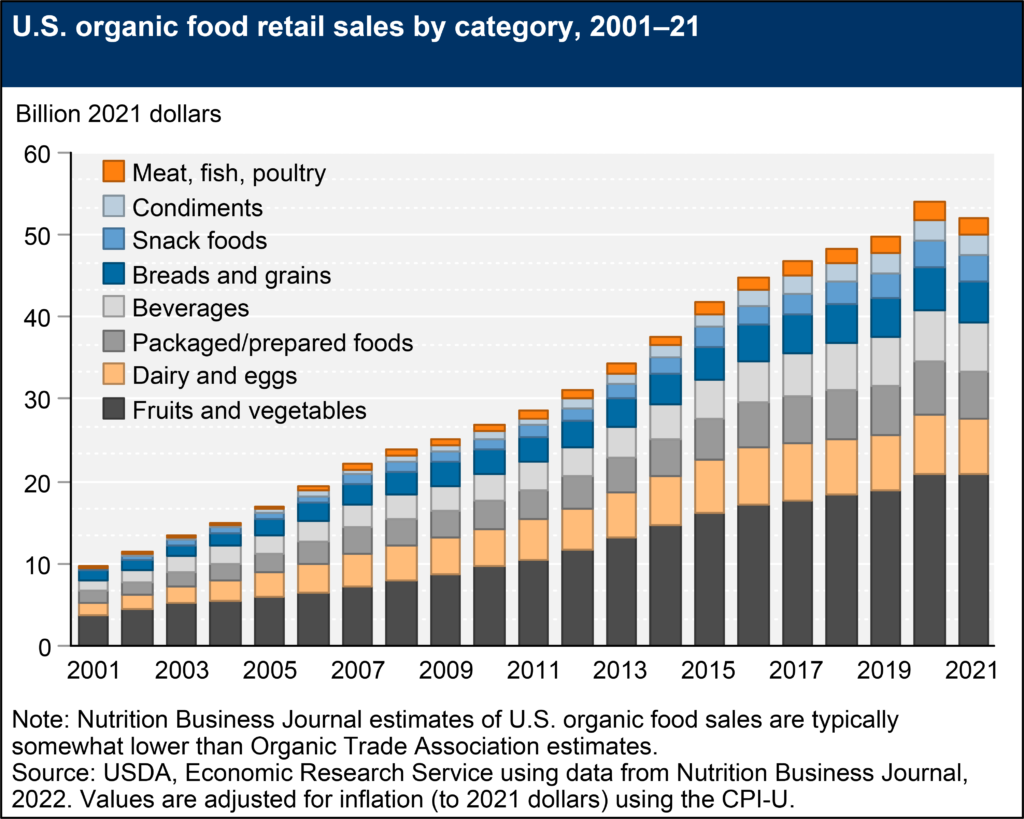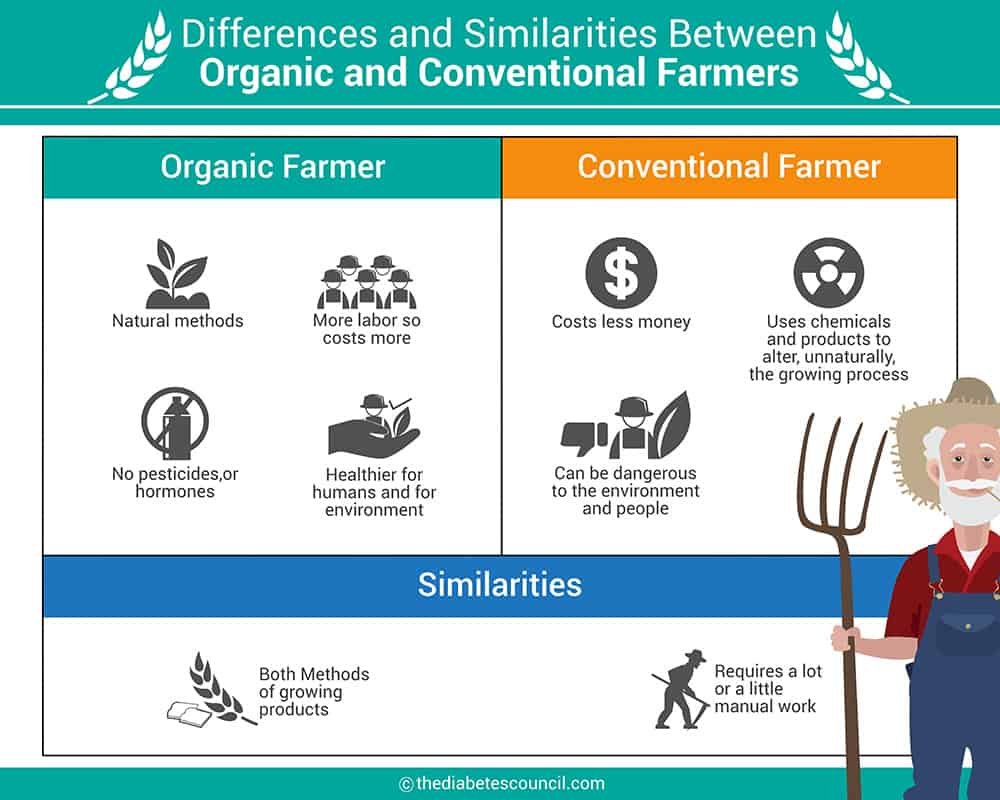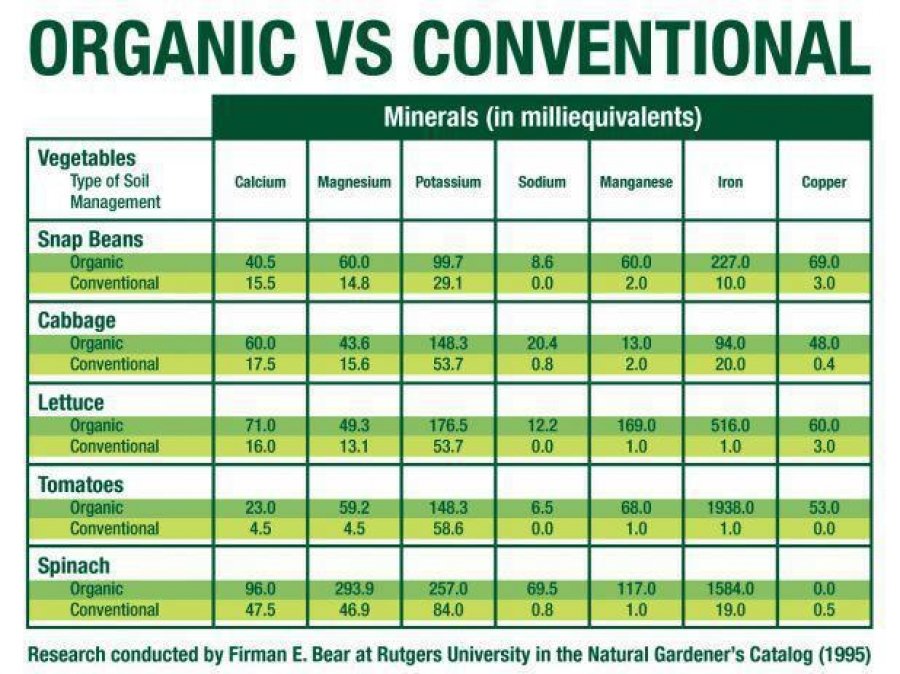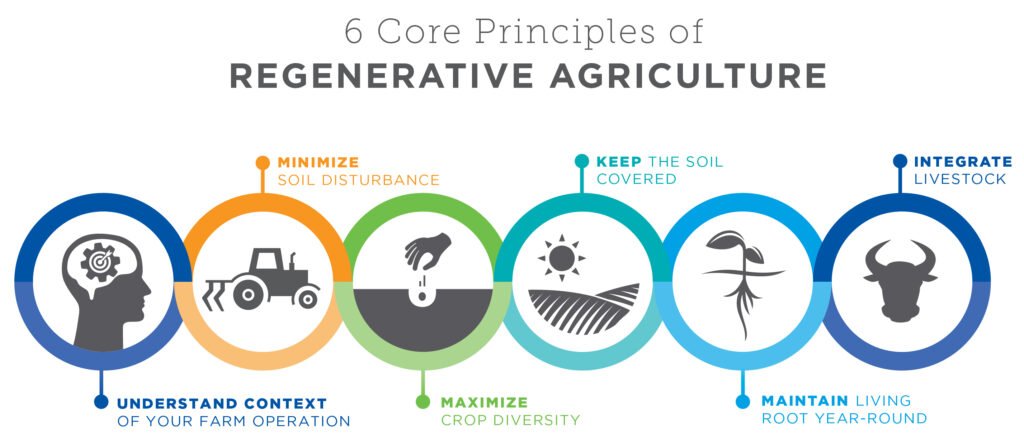Certified organic produce has only been easily accessible for about 20 years, which leads to the question of whether organic fruits and vegetables have more nutrients than non-organic ones. The simple answer is yes, but the full answer is more complicated than anticipated.

The annual sales of organic food products have reached $52 billion, which is almost twice as much as they were ten years ago. However, organic foods only make up six percent of the total U.S. food market. Organic foods are generally 20 percent more expensive than non-organic foods due to higher production costs.
A review conducted in 2012 that examined 200 previous studies found no significant differences in the levels of vitamins and minerals such as A and C, calcium, and iron between organic and conventional food.

These studies did not place much emphasis on phytochemicals, which are compounds found in fruits and vegetables that have various health benefits such as reducing inflammation and boosting the immune system. This is because there is no specific recommended amount of phytochemicals to consume in one’s diet.
When researchers focused specifically on these phytochemicals, they discovered that organic food contains 12% more compounds, including higher levels of carotenoids. Additionally, individuals who consumed organic food for three weeks exhibited increased levels of flavonoids in their urine compared to those who consumed conventional food for the same duration.

Extra phytochemicals may be one reason Baudry’s observational studies have found the lowest rates of breast and other cancers and type 2 diabetes in people who eat the most organic foods.
For the healthiest food, people should look beyond whether something is labeled as organic and learn how the food was grown. Remember that the law and regulations regarding organic foods focus on soil quality.

Consumers wanting crops grown in the best soil should look for those from regenerative agriculture because regenerative farmers have three main principles: they avoid tilling the land before planting to preserve organisms, they use different cover crops to enrich the soil, and they keep plants in the ground as much as possible rather than leaving it fallow.
Reference- National Geographic, The Guardian, BBC, Taylor & Francis Online, European Journal Of Nutrition, Mayo Clinic






